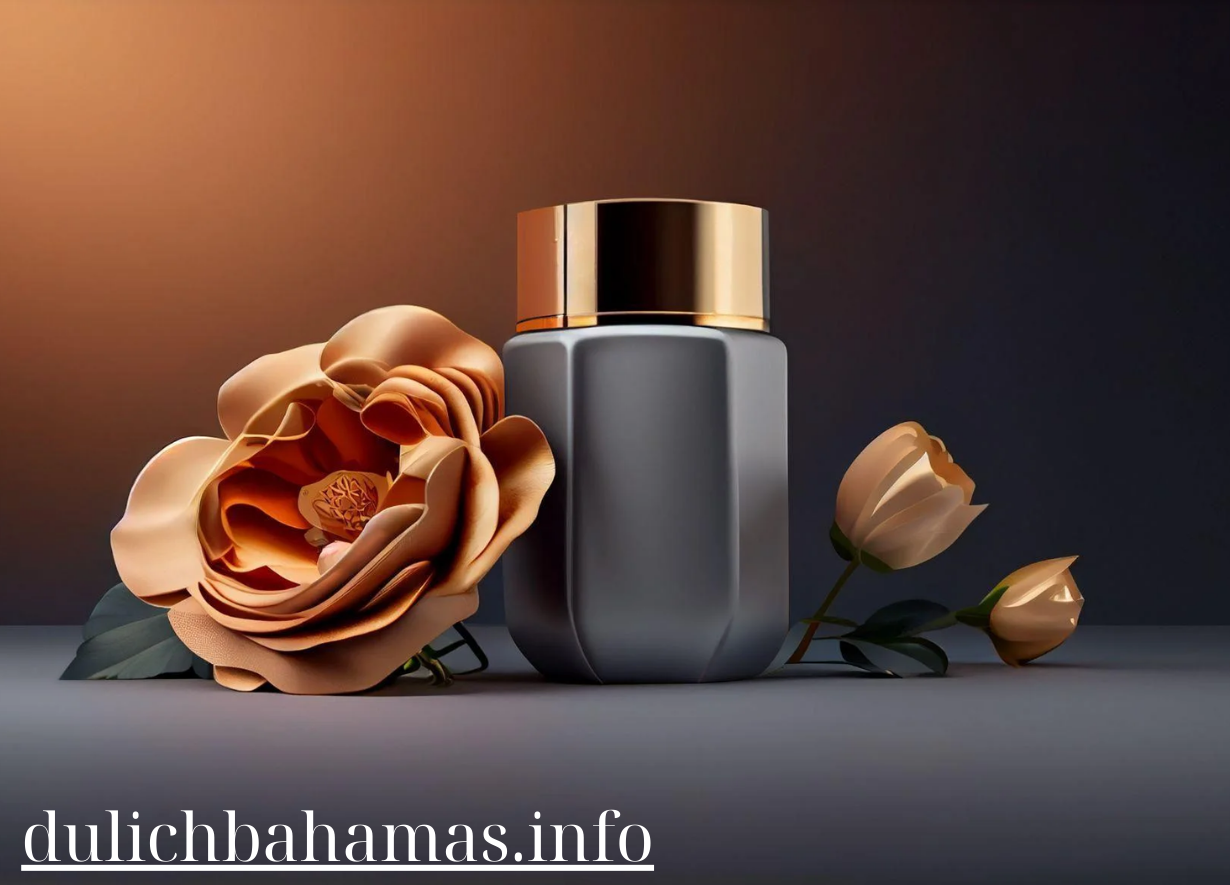Choosing the perfect perfume can be a deeply personal experience, as a fragrance reflects your unique personality, mood, and preferences. With countless options available, it can be overwhelming to find the right one for your needs. Here are some fragrance purchase tips to help you select the best perfume that aligns with your style, preferences, and occasion.
1. Understand Fragrance Notes
Every perfume is composed of different notes that create its unique scent. These notes are layered into three categories: top, middle (heart), and base notes.
- Top Notes: These are the first scents you smell when you spray the perfume. They’re usually light and refreshing but evaporate quickly. Common top notes include citrus, light florals, and herbs.
- Middle (Heart) Notes: As the top notes fade, the heart notes emerge. These are the core of the fragrance and define its main character. Popular heart notes include floral scents like jasmine or rose, and spices like cinnamon or nutmeg.
- Base Notes: These are the foundation of the fragrance, giving it depth and staying power. Base notes develop later and linger the longest on your skin. They are often rich, such as vanilla, musk, amber, or sandalwood.
Pro Tip: Pay attention to the dry down (the scent that remains after the top and heart notes have evaporated), as this is the fragrance that will last the longest on your skin.
2. Choose the Right Fragrance Family
Fragrances are generally grouped into families based on their dominant scent characteristics. Knowing which fragrance family you prefer can help narrow down your options.
- Floral: Perfumes with floral notes are often feminine and romantic, featuring scents like rose, jasmine, lily, and peony.
- Citrus: These scents are fresh and invigorating, with notes of lemon, orange, grapefruit, and bergamot. They’re great for daytime wear and warmer weather.
- Woody: Woody fragrances have a warm, earthy quality, featuring notes like sandalwood, cedar, vetiver, and patchouli. These are often seen as sophisticated and comforting.
- Oriental: Oriental fragrances are exotic and sensual, often featuring rich notes like vanilla, amber, and spices such as cinnamon or clove.
- Fresh: This category includes clean, crisp scents like oceanic, green, and fruity fragrances. They’re perfect for casual, everyday wear.
Pro Tip: If you’re unsure which family you prefer, think about how you want to feel when wearing the perfume—romantic, refreshed, bold, or grounded. This can help you identify the right family.
3. Test Before You Buy
Always test a perfume on your skin before purchasing, as fragrances can smell different on everyone due to body chemistry. A scent may smell one way in the bottle but change once it interacts with your skin’s natural oils.
- Try It on Your Skin: Spray the perfume on your wrist or inner elbow and let it settle for at least 30 minutes. This allows the top notes to fade and the heart and base notes to develop, giving you a better sense of how the fragrance will wear.
- Don’t Rub: Avoid rubbing your wrists together after applying perfume, as this can break down the scent molecules and alter the fragrance’s composition.
- Test One at a Time: Limit testing to 1-2 perfumes at a time to avoid overwhelming your senses and confusing the scents.
Pro Tip: If you’re at a store and unsure about a fragrance, ask for a sample to take home and try it in different environments and moods before making a decision.
4. Consider the Occasion
The perfume you choose should complement the occasion or setting in which you’ll wear it. Some scents are more appropriate for daytime, while others shine in the evening or for special events.
- Daytime: Lighter, fresher scents like citrus, fruity, or floral perfumes are ideal for daytime, work, or casual outings.
- Evening: Richer, more intense fragrances like oriental or woody scents are better suited for evenings or formal events.
- Seasonal: Choose lighter, breezy fragrances for warmer weather (spring and summer) and deeper, more robust scents for cooler seasons (fall and winter).
Pro Tip: You may want to build a fragrance wardrobe with different perfumes for various occasions, rather than relying on a single signature scent.
5. Understand Fragrance Concentrations
Perfumes come in different concentrations, which affect the strength, longevity, and price of the fragrance. Understanding these concentrations can help you choose a perfume that fits your needs.
- Eau de Parfum (EDP): Contains 15-20% fragrance concentration and lasts around 6-8 hours. It’s richer and more intense, making it suitable for evening wear or special occasions.
- Eau de Toilette (EDT): Contains 5-15% fragrance concentration and lasts 3-4 hours. EDTs are lighter and perfect for everyday wear.
- Eau de Cologne (EDC): Contains 2-4% fragrance concentration and lasts 2-3 hours. EDCs are fresh and fleeting, ideal for a quick spritz of fragrance.
- Parfum/Extrait de Parfum: Contains the highest concentration (20-30%) and lasts the longest, often 8-10 hours. These are the most expensive but offer the richest and most long-lasting scent.
Pro Tip: If you prefer a subtle fragrance, opt for an EDT or EDC. For a more powerful, long-lasting scent, go for EDP or Parfum.
6. Consider Your Personal Style and Preferences
Your fragrance should reflect your personality and style. Think about the types of scents that make you feel confident, comfortable, or empowered.
- Romantic and Feminine: If you gravitate toward a romantic or feminine style, you might prefer floral or sweet, gourmand scents with notes like rose, vanilla, or peony.
- Bold and Adventurous: For a bold, daring personality, spicy or oriental fragrances with notes like amber, musk, or oud can add depth and intrigue.
- Minimalist and Fresh: If you prefer clean, simple scents, you may be drawn to citrus, green, or aquatic fragrances that evoke freshness and clarity.
Pro Tip: Don’t be afraid to step out of your comfort zone and try something new—fragrance can enhance and reflect different facets of your personality.
7. Set a Budget
Fragrances can vary significantly in price depending on the brand, concentration, and ingredients. Set a budget before you begin your search to help narrow down your options.
- High-End Brands: Luxury brands like Chanel, Tom Ford, and Creed offer premium, long-lasting scents, but they come with a higher price tag.
- Mid-Range Options: Brands like Jo Malone, Yves Saint Laurent, and Marc Jacobs provide quality fragrances at a more moderate price point.
- Affordable Perfumes: Many affordable options, such as those from Zara or The Body Shop, offer delightful, budget-friendly scents for everyday wear.
Pro Tip: If you’re looking for luxury perfumes on a budget, consider purchasing a smaller size or opting for a rollerball or travel-sized version to test the scent before committing to a full bottle.
8. Take Your Time
Choosing a fragrance is a personal decision, and there’s no need to rush the process. Take your time to explore different options, test them on your skin, and see how they wear throughout the day.
- Don’t Buy Immediately: If you’re in a store, avoid making a purchase right after testing a fragrance. Walk around for a few hours and notice how the scent evolves on your skin.
- Trust Your Instincts: Ultimately, your perfume should make you feel confident, beautiful, and aligned with your personality. Trust your instincts and choose a fragrance that resonates with you.
Pro Tip: Make your fragrance selection an enjoyable experience—try visiting a boutique or department store where you can take your time exploring different scents in a relaxed atmosphere.
Conclusion
Finding the perfect perfume is a personal journey that requires an understanding of fragrance notes, families, and concentrations, as well as a consideration of your own style, preferences, and occasion. By testing fragrances on your skin, understanding how they evolve over time, and considering your lifestyle and budget, you can select a perfume that not only smells amazing but also enhances your confidence and personal style.



